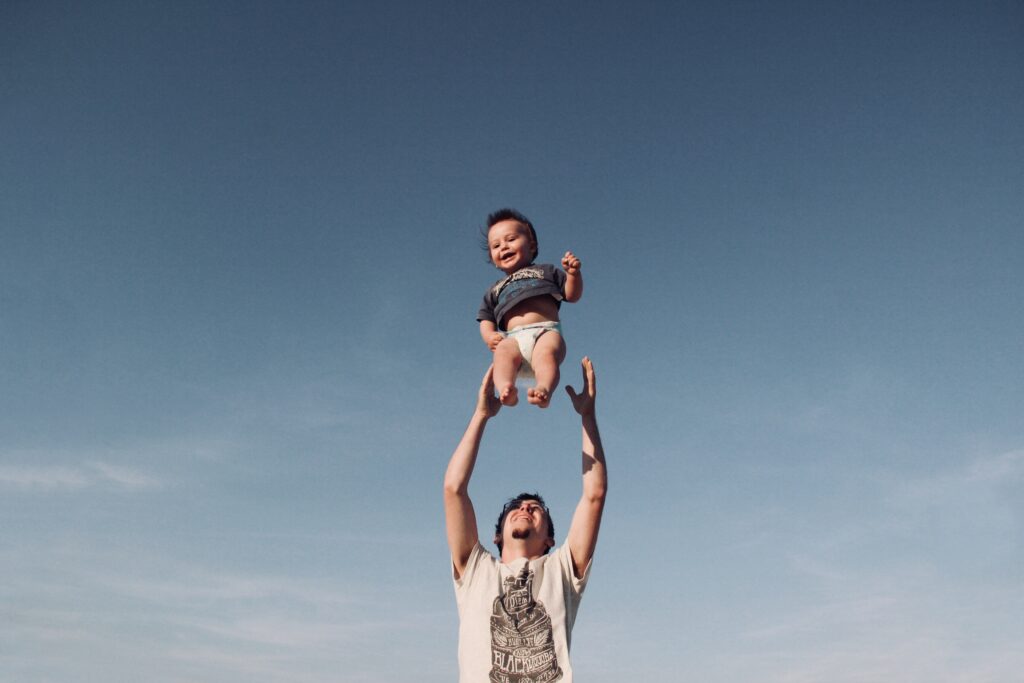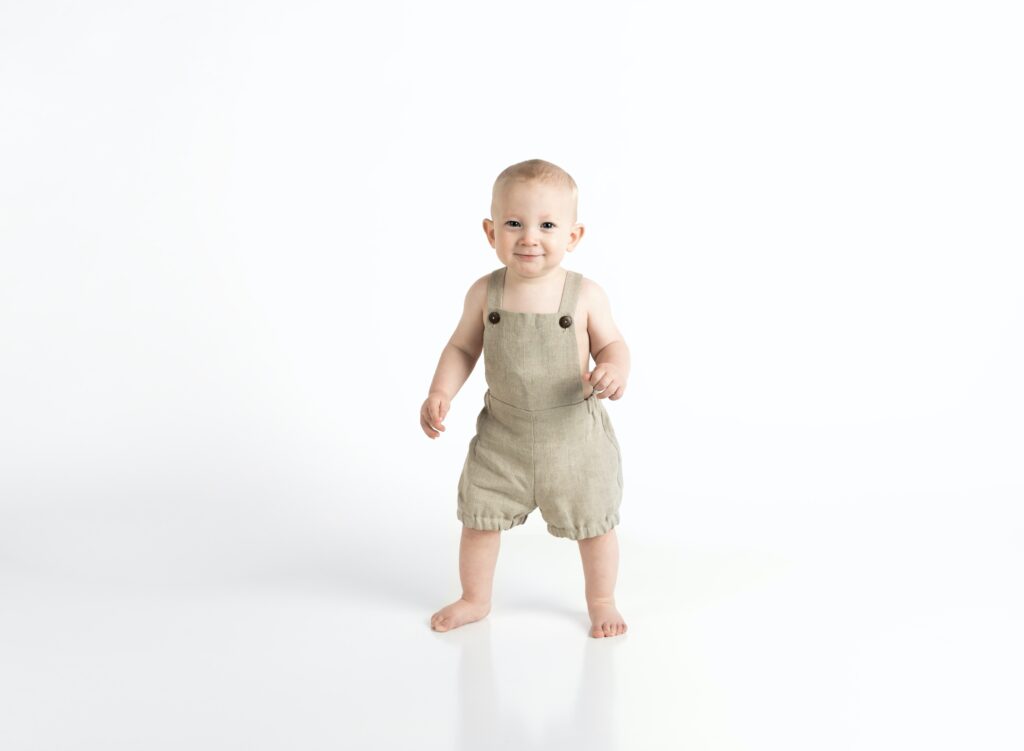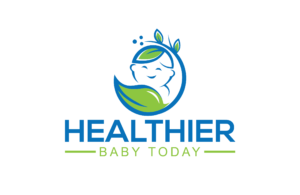There can be a variety of explanations as to why your baby dry cough, and asking them what’s wrong won’t help at all. It may be a difficult journey to figure out if you should call your doctor for advice, make an appointment or if the cough needs to be checked out in the emergency room.
A cough is a way a body protects itself. Coughing is done as the body uses this method to keep the airways clear, to rid the throat of phlegm, postnasal drip, or a piece of food.
What Do the Coughs Mean – Baby Dry Cough

There are two types of coughs you might hear from your baby. A dry cough or a wet cough.
Baby Dry Cough: This cough occurs when a baby has a cold or allergies present. A dry cough helps to clear the postnasal drip or the irritation from a sore throat.
Baby Wet Cough: This is the result of a respiratory illness accompanied by a bacterial infection. A wet cough will be the cause of phlegm or mucus forming in the baby’s airways. This is necessary as the phlegm contains white blood cells that are responsible for helping fight germs.
Children that are younger than 4 months don’t generally cough much, so if they do, it could be serious. If a newborn has been coughing terribly, especially in the winter, it could be a respiratory syncytial virus (RSV), which is a dangerous viral infection for infants to have. Once your little one has reached or surpassed the age of 1, coughs become less alarming, and they often mean nothing more than a cold is underway.
Cough that Indicates a Cold

What do baby dry cough sounds like: Dry hack
The Symptoms: The signs and symptoms of a baby cough that may indicate that your baby has a cold or the flu include a stuffy or runny nose as well as a sore throat. These coughs are generally dry, but depending on how severe the cold is, your baby may have rattling mucus and/or a slight fever at nighttime.
Cough Remedies for a Cold in Babies: Make use of the old but valid “lots-of-fluids-and-plenty-of-rest” routine. Although you may feel the need to give your baby cough medicine or cough syrup, the American Academy of Paediatrics has advised against using these for kids that are under the age of 6 years as studies have shown that they don’t work. These medicines may also have potentially fatal side effects in children that are younger than 4 years old.
Sticking to natural baby cough remedies such as honey (Which can only be given to babies over a year old), saline drops as well as a cool-mist humidifier may ensure better results. Acetaminophen may be used to reduce a fever. If your child has a temperature of 100.4°F or higher, as well as them looking a bit sickly, call your doctor. It is best for you to pop a call to your nearest medical professional if your little one is 4 months or younger – signs of a fever, as even a slight fever can become very serious in infants.
Cough that Indicates Croup

Croup is most generally caused by a type of viral infection. Croup makes the lining of the trachea swell up and, in turn, closes the airways, which makes it very hard for Baby to breathe.
Sounds Like: Barking cough
The Symptoms of Croup: There is one croup symptom that is most telling: When you hear your baby cough at night with a barking noise, you will not be able to mistake the sound, as well as difficulty breathing. The seal-like barking cough will appear whenever the baby inhales and does not exhales. Croup generally affects children that are under the age of 5 years old and often begins with no more than a normal cold or sniffle earlier in the day. After the first indication of a croup, such as your baby coughing in their sleep, the croup should clear up within three to four days. If it does not clear up by day 4, it is best to call your doctor.
Croup Treatment: Your first step would be to try and calm your child for baby dry cough treatment. You can then consider any of the following techniques to ease your child’s breathing:
- Run the shower and ensure you shut the bathroom door. At this point you should let your little one breathe in the hot steamy air!
- If the evening is mild, take them outside. It may be easier for them to breathe because of the damp air.
- If you have one, let your child breathe in the air from a cool-mist humidifier. Using cool air from a fridge or freezer may help as well.
When to Worry About Your Babies Cough

It is extremely important to call your doctor immediately if your baby has:
- Any type of cough, and they’re younger than 4 months old.
- A dry cough that is in any way related to a cold with a runny nose but no fever that lasts for more than five to seven days.
- A dry cough or wet cough with a cold, as well as a fever of 100°F or more.
- Wheezing that is mild or light.
- Fits of coughing.
Call 911 Regarding Baby Dry Cough if Your Baby is:
- Wheezing rapidly with no stopping.
- Grunting
- Unable to catch their breath
- Turning blue
- Rapidly retracting and then expanding their stomach. Almost as if they are breathing into their stomach and not their chest.
One Cough Later
If your little one 4 months old or younger, a cough should be immediately checked out by a doctor. Coughing is fairly normal and does not need to be a concern. However, if your child’s cough meets any of the above-mentioned criteria, it is best to see the doctor as soon as possible. Avoid giving your baby any cold medicine, as it may be dangerous.


